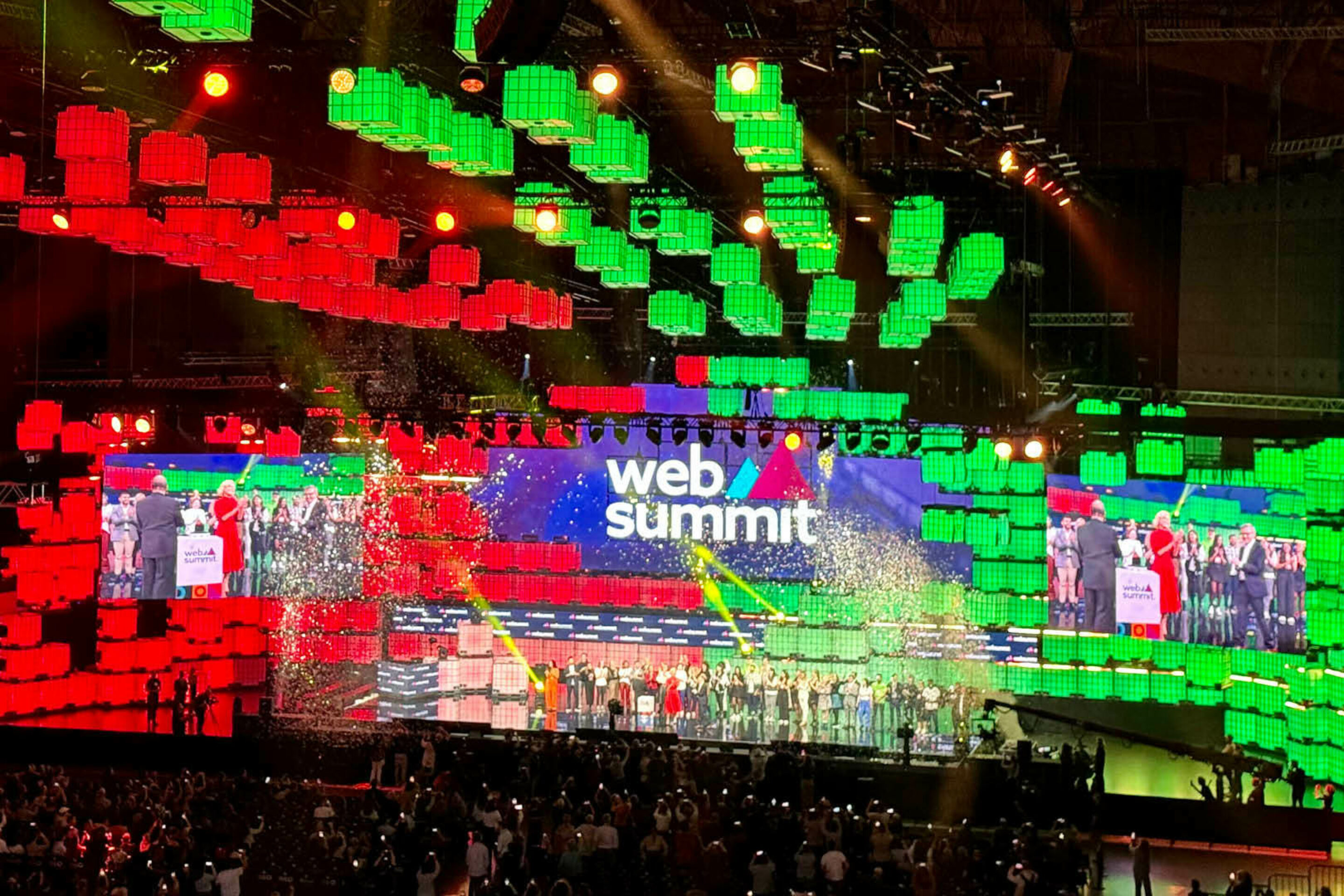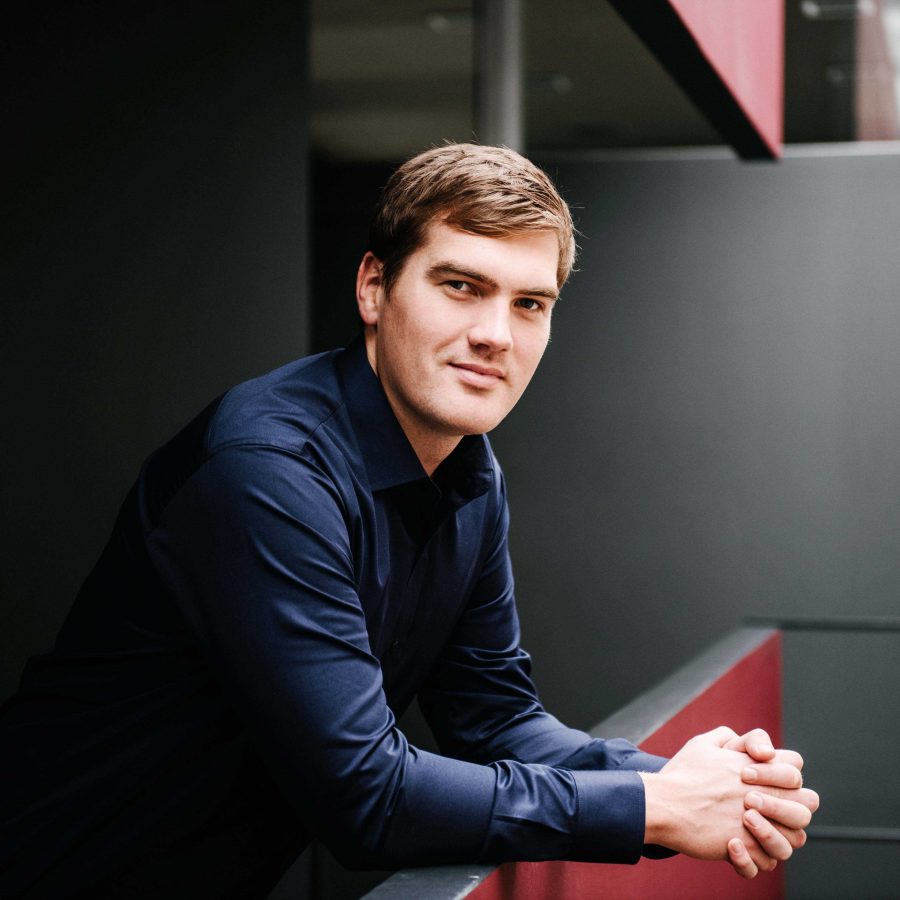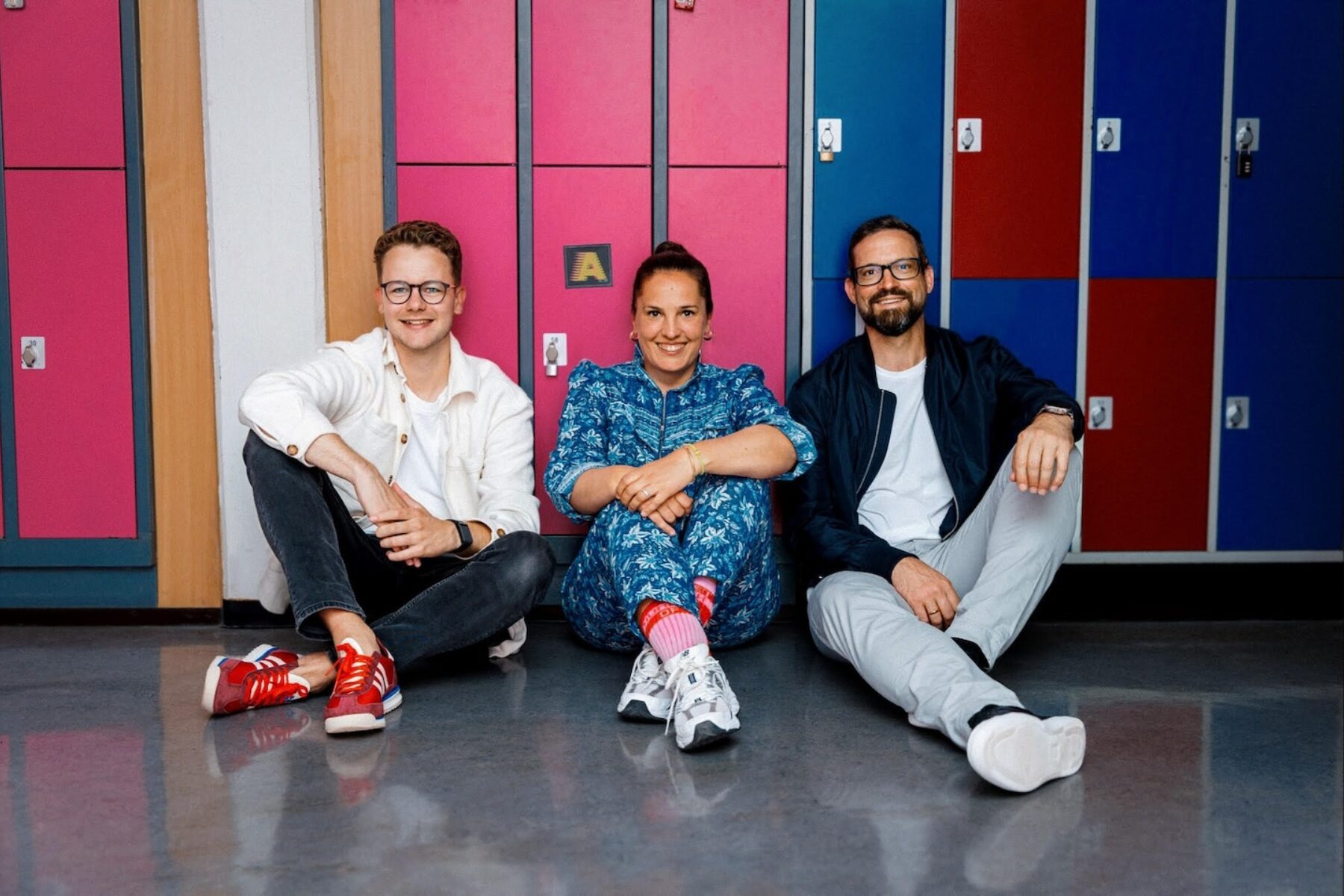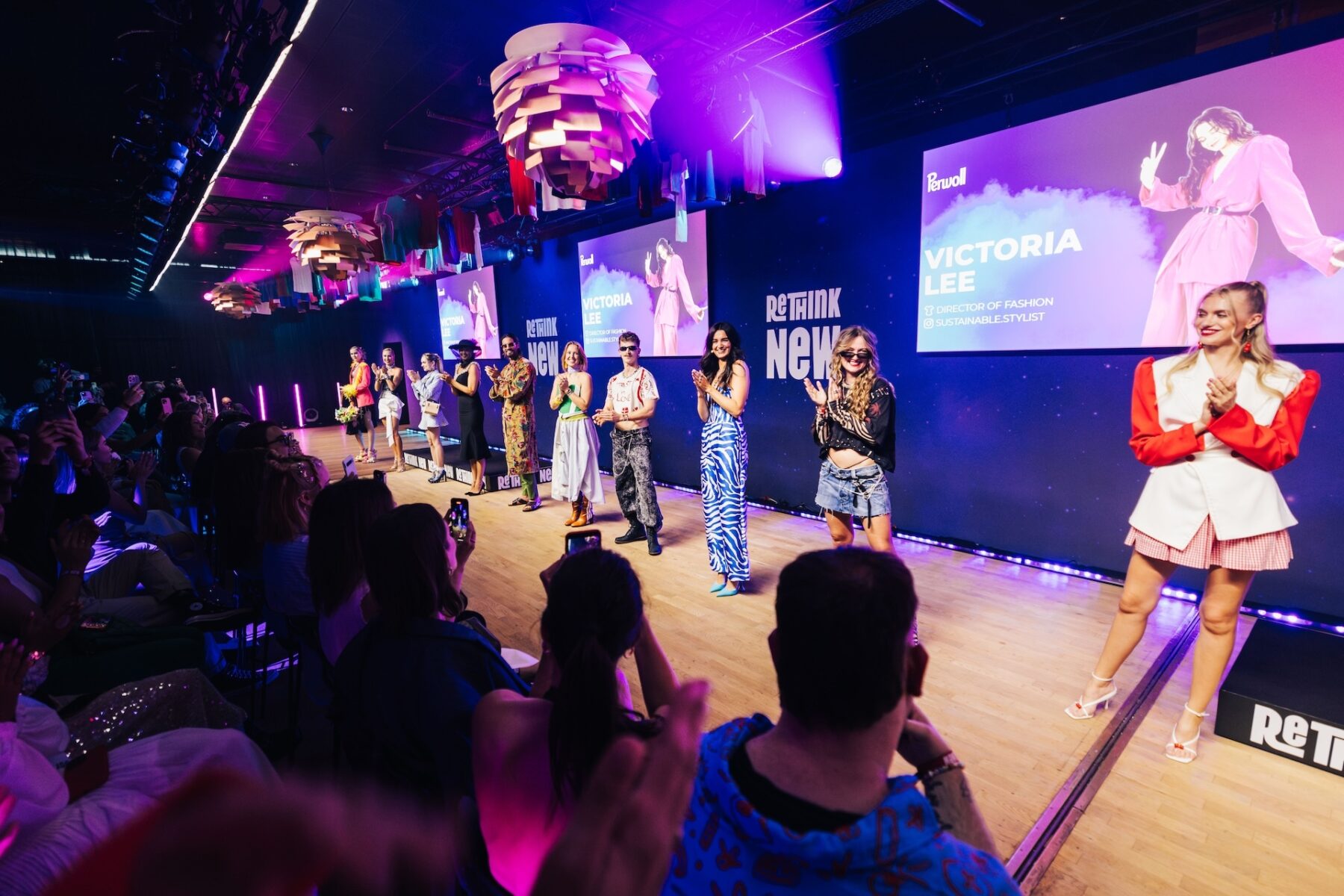
News
A glimpse into the future
That was the Web Summit 2023 in Lisbon
When you look to Lisbon in November, you hope to catch a glimpse of the future. Which technologies are on the verge of a breakthrough? Where are the markets heading? What stories are the big platforms and brands telling about what's coming in 2024? Which narrative will dominate next year? What is the Web Summit 2023 in Lisbon tell us about what the future might hold?
The future of the Web Summit: BigTech comeback
The power of a tweet! A single post has significantly altered the dynamics of what is arguably Europe's largest business event, with two or three other contenders. Paddy Cosgrave's impending resignation serves as a reminder of the influence of digital communication. Well-known companies stayed away from the Web Summit in Lisbon. In their place, around 2,600 start-ups and around 900 brands and companies leveraged the event to demonstrate their potential for future success or simply to secure funding.
70,000 guests from 153 countries, 43% of whom were female attendees and 38% of whom were female speakers, representing a significant number for the world's largest tech conference. New CEO Katherine Maher has pledged to implement a new style of leadership and foster a more constructive culture of debate at the Web Summit. It is probable that this year's cancellations by major technology companies, including Google, Amazon, Meta, Intel and Siemens, will be confirmed for 2024. Other offshoots of the conference are planned in other regions of the world.
The future of marketing: GenAI & communities
The Web Summit is an umbrella for many conferences covering different topics. The Panda Conference, the marketing track within the Summit, provides a forum for speakers such as Annabelle Baker (Global Brand Director, Lush) and Mary Carmen Gasco-Buisson (CMO, Pandora) to present their brand visions. There, however, the programme was unexpectedly dominated by the impact of generative AI on marketing, advertising and design. Not even Wikipedia founder Jimmy Wales, who described Chat GPT as "pretty bad" due to its error rate during the opening night, could put a dent in that.
As in previous years, content creation and influencers were prominent, but there was less focus on sustainability and purpose. Alongside GenAI, communities were the secret stars. There were numerous examples of customer-specific communities being built around target-group-specific channels, including Gen Alpha, Gen Z, 60+, and Hip Hop Community and Foodies.
"German Futures": Krauss in place of Habeck
In addition to being the largest exhibitor at this year’s event, Germany also served as a Web Summit partner. The "German Park" on the exhibition grounds was sponsored by the Federal Ministry for Economic Affairs and Climate Action (BMWK). While Robert Habeck's withdrawal was most certainly a political necessity, it regrettably resulted in the German delegation's overall success at the event not being reflected in the desired media coverage of Germany as a hub for innovation. All the necessary elements were in place. The largest German delegation ever, comprising 60 German start-ups, included Daniel Krauss (founder of Flix SE), who participated in a "Unicorn" panel, an interactive trade fair presence and significant exchange, for example in the "German Apartment", which brought together 200 companies, brands, entrepreneurs and VCs for "German Futures" in Lisbon as a networking format on behalf of the Ministry, the Digital Hub Initiative and the fischerAppelt agency group.
“
Other regions of the world may soon be telling the big stories about platforms, brands and technology.
The future of the (tech) world: The West vs. BRICS Plus?
Alongside Germany's strong showing,, numerous other countries sought to establish themselves in the tech world, with the UK, Austria and the EU among them. However, it was other participants who made a significant impact at the Web Summit, demonstrating substantial investment and ambitious goals. Brazil has been a prominent exhibitor for years, while Dubai and Qatar also have a strong presence on the summit floor. In terms of future Web Summit conferences, Rio, Doha and Hong Kong are likely to be the venues. The discussions about moving the tech conference to Berlin or other European capitals appear to have subsided. This may indicate that the major developments in platforms, brands and technology will soon be unfolding in other regions of the world.
In any case, the globally watched start-up pitch was won by Inspira, a Brazilian AI start-up for lawyers, enabling them to handle significantly more cases. This may also serve as a wake-up call for all marketers to expand their scope of understanding to encompass how markets, communities, and individuals operate, as well as how creation and communication function. The future of big brands may be decided more in these regions than in New York, London, or Berlin.




